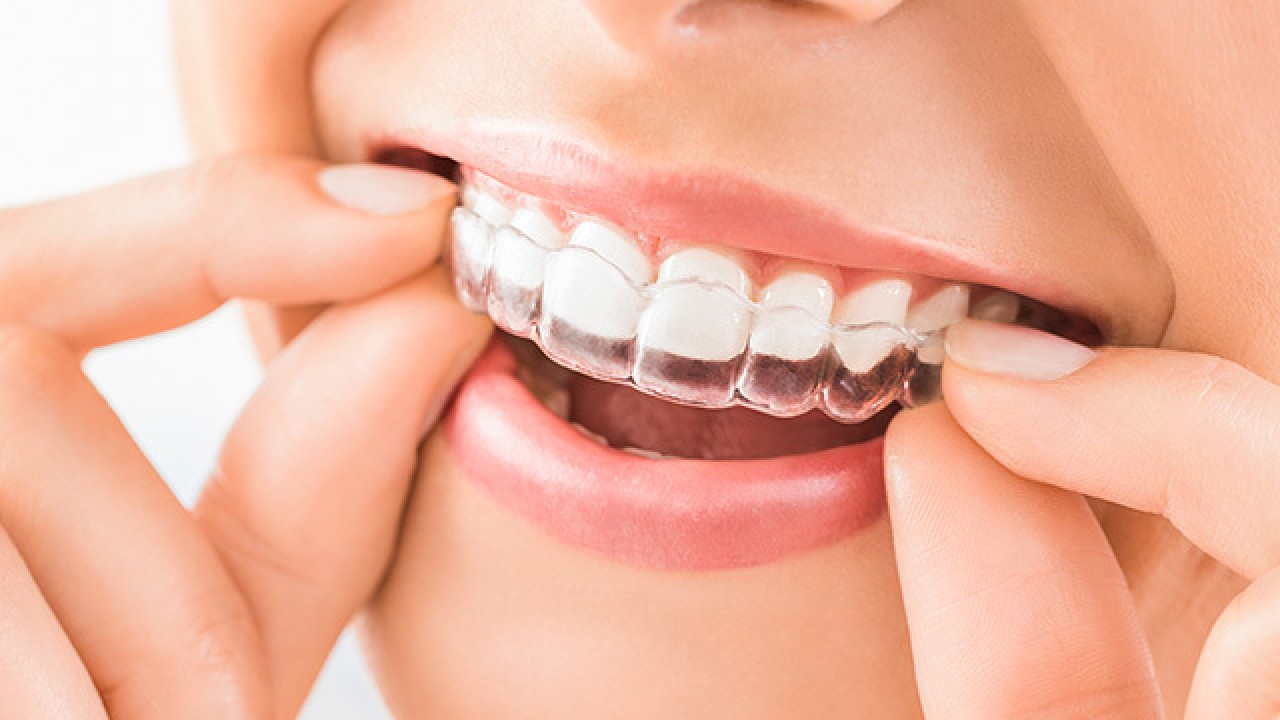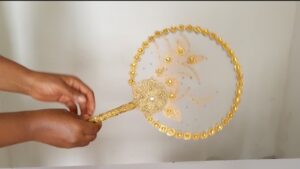A dental night guards is the main form of prevention / cure used by people who suffer from bruxism – which you may know better as the grinding of teeth at night. Surprisingly, most people will suffer from bruxism at some point in their life, although in many cases it is a passing phase and no further treatment is require.
However, when treatment is require, a dental night guards is the most common form of treatment. It is both a prevention and a cure in that it works by physically stopping you being able to grind your teeth together. However it’s not a cure in the sense that often, when the night guard is take away. The grinding of teeth will resume. I.e. without that physical prevention there, the mouth will go back to doing what it has always done.
This can be an annoying experience for anyone who does make use of a dental mouth guard. It can make traveling and sharing a bed with a new partner an awkward experience. Whether it’s because you forgot the mouth guard. Or because you don’t feel comfortable telling your new partner about it yet. That perception that it’s a little bit geeky.
Recently some new kinds of mouth guards have entered the market that propose to “retrain” your mouth. In essence they reprogram the muscles responsible for causing the teeth grinding. They act more like a splint than a dental night guard. When combined with some relaxation exercises it often leads to the users being able to sleep without using a mouth guard.
In essence, this presents a better option than a dental night guard. As they are an actual cure to the problem. I.e. they allow the sufferer to sleep properly without having to wear a guard every night. So is this new method the best cure then? Unfortunately for some people the thought of having to wear a dental night guard. Even just for a limited time – is very off-putting. For these people a better option is a system of treatment that involves combining relaxation exercises with some other forms of therapy. A cure for bruxism that doesn’t require a mouth guard.



